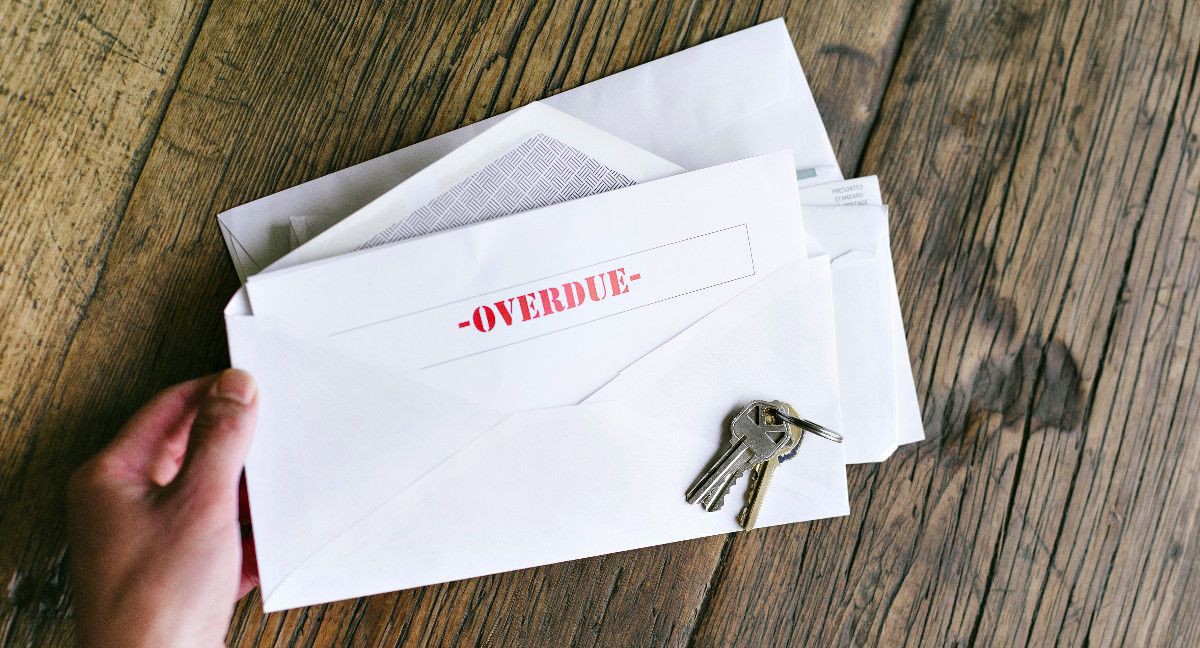
For many landlords, personal challenges, like mounting debt or the breakdown of a relationship, will force them to take stock of their life. Income and assets will come under the microscope, especially for those who have a buy-to-let property investment.
This once-profitable asset can quickly become a source of stress, especially as a raft of negative changes have already reduced profits associated with rental properties. If you find yourself saying, “I need to sell my rental property because of debt or divorce,” you’re not alone.
Understanding your disposal options and knowing how to move forward to put yourself in the strongest position financially can make the process less daunting.
Why debt and divorce push landlords to sell:
- Debt pressures: Mortgage repayments, remortgage rate shocks, maintenance costs, service charges, lease extensions and unexpected void periods can quickly overwhelm even experienced landlords. Many are finding all of their profit has been eroded, make it unsustainable to hold onto a rental property.
- Divorce settlements: During a divorce or civil separation, dividing shared assets fairly is crucial. Rental properties often represent significant value but continuing joint ownership isn’t always practical. Selling can provide a clean break, allowing both parties to move forward independently but more frequently, equity in a buy-to-let needs releasing to draw matters to a financial conclusion.
Both scenarios share a common thread — urgency. When financial or emotional pressures build, landlords often need a reliable and fast way to unlock equity without drawn-out delays.
A lengthy transaction, however, is what landlords will face when selling on the open market. According to UK data analysis from TwentyEA, the average time to sell a house – from instructing an estate agent to completion - is 205 days. That’s with vacant possession. It is even harder to sell a property on the open market with tenants in situ, which needs bearing in mind.
Understanding your selling options
There are several routes landlords can take when they need to sell:
Traditional open market sale through an estate agent
This option can achieve an attractive market value but, as outlined above, selling via the open market will take months - especially if the landlord can’t evict the tenant. This method will also involve multiple viewings, negotiations and a hefty estate agents’ fee, with the added threat of potential fall-throughs.
Auction sale
Auctions can provide certainty once the hammer falls but the timeline to auction day can still take weeks. Auctions sales are not a foregone conclusion either. The price a buyer is willing to pay may not meet the reserve, or a property may not attract any interest, leaving the landlord back at square one.
Direct sale to a property buyer
Selling to a national house buyer is often the fastest way to sell a property – vital if you want to settle a mortgage or stop debt mounting. It’s possible to complete in weeks, rather than months, avoiding many of the costs, restrictions and stresses of the open market.
For example, the sell with sitting tenants route ensures landlords don’t need to disrupt tenants, evict or wait for vacant possession before selling. These real-life case studies illustrate what’s possible is a super-short time frame.
Expert insight
As Jason Harris-Cohen, Managing Director of LandlordBuyer, explains:
“When personal pressures, such as debt or divorce, coincide with the need to sell an investment property, the process of selling can feel overwhelming. Our aim is to ensure landlords can dispose of a buy-to-let quickly, gaining the ability to clear debts or fulfil any divorce settlement – no stress, no fuss.”
Practical tips for landlords considering a sale
- Seek professional advice: Before selling a buy-to-let, speak with a solicitor or financial adviser to understand any legal and tax implications.
- Be realistic about timelines: If you’re under financial or emotional strain, consider the benefits of a slightly lower value but much quicker sale against waiting for the maximum price on the open market.
- Consider tenant stability: If your property is occupied, decide whether you want to sell with tenants in place or regain vacant possession through eviction. Both routes have pros and cons, and landlords will need to be aware that Section 21 evictions will be banned once the Renters’ Rights Bill becomes law.
- Keep communication clear: During divorce proceedings, transparency and documentation are essential for avoiding disputes. Ensure all communication with solicitors, finance companies, national house buyers and other parties is made in writing.
Moving forward
Selling a rental property because of debt or divorce will be bound up in all sorts of emotions but there won’t be time to dwell or hesitate, especially if there’s a precarious financial situation. Landlords often feel more in control and stable once their asset is sold, so there are positives to find. By understanding the available options, seeking professional advice and drawing on expert insights, landlords can find a fast resolution and let go of any anxiety that accompanies their buy-to-let.
LandlordBuyer is here to offer impartial advice regarding buy-to-let sales, having previously bought properties as part of debt resolutions and divorce settlements. Speak to us about a fast, guaranteed cash property sales.

